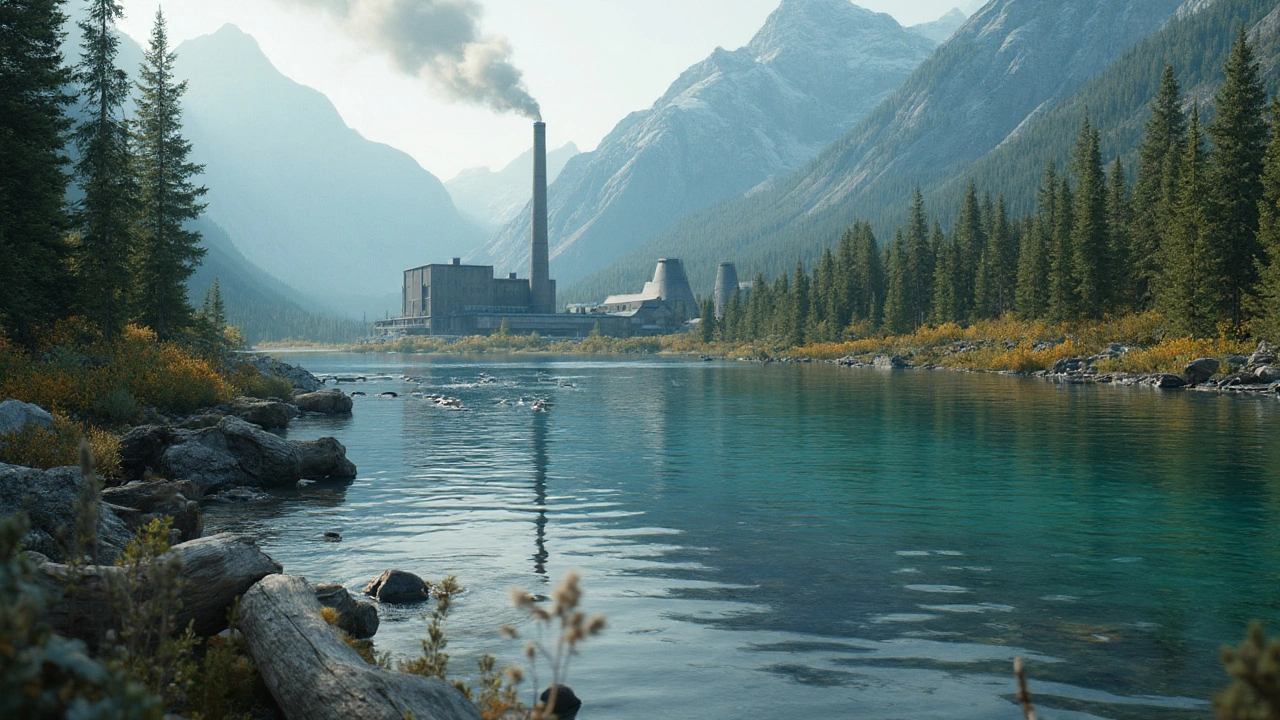Drug Pollution: How Medicines End Up in Our Environment and What You Can Do
Ever wonder where that leftover bottle of cough syrup goes after you toss it in the trash? Most of us never think about it, but a lot of medicines end up in landfills, sewers, and eventually our rivers and lakes. When drugs break down, they can stick around for years, affecting fish, algae, and even the water we drink. That’s what we call drug pollution, and it’s a bigger problem than you might guess.
Why Drug Pollution Matters
Pharmaceuticals are designed to act on our bodies, so when they leak into the environment they can mess with other living things. Tiny amounts of antibiotics, hormones, or painkillers have been found in groundwater across Canada. Those chemicals can make fish grow weirdly, cause algae blooms, and even help bacteria become resistant to antibiotics. The result is a ripple effect that reaches up the food chain, and eventually our own health.
What’s scary is that regular wastewater treatment plants aren’t built to filter out these tiny drug molecules. They can slip through the filters and end up downstream, where they mix with drinking water sources. Even low‑dose exposure over time can have subtle effects on hormone systems and immune responses. That’s why scientists are sounding the alarm and asking for better ways to handle medicine waste.
Practical Steps to Reduce Drug Pollution
Good news: you can help stop the flow of drugs into the environment with a few easy habits. First, never flush pills or liquid meds down the toilet—most pharmacies and community clinics offer take‑back programs where you can drop them off safely. If a take‑back box isn’t nearby, you can mix pills with an unappealing substance like coffee grounds and seal them in a bag before trashing them.
Second, keep only the medicines you actually need. Check expiration dates regularly and ask your pharmacist if it’s safe to dispose of outdated drugs early. When you get a new prescription, ask if a smaller package will work for you, especially if you only need a short course.
Third, support policies that require better drug disposal infrastructure. Signing petitions, voting for officials who prioritize environmental health, or simply spreading the word can push governments to fund more advanced treatment plants that target pharmaceutical residues.
Finally, be mindful of the products you buy. Over‑the‑counter supplements and cosmetics often contain chemicals that end up in the same waste stream. Choosing products with clear, minimal ingredient lists reduces the overall load of synthetic compounds heading toward our waterways.
By changing a few everyday habits, you can keep your meds from becoming a hidden pollutant. It’s a small effort for a big payoff: cleaner water, healthier wildlife, and a safer future for everyone. So next time you finish a bottle of medicine, think twice about where it goes—and make the environmentally friendly choice.
Fenofibrate Manufacturing and Disposal: Hidden Environmental Impacts
Explore how fenofibrate production and disposal affect air, water, and ecosystems, and discover greener alternatives and regulatory steps to cut its ecological footprint.
